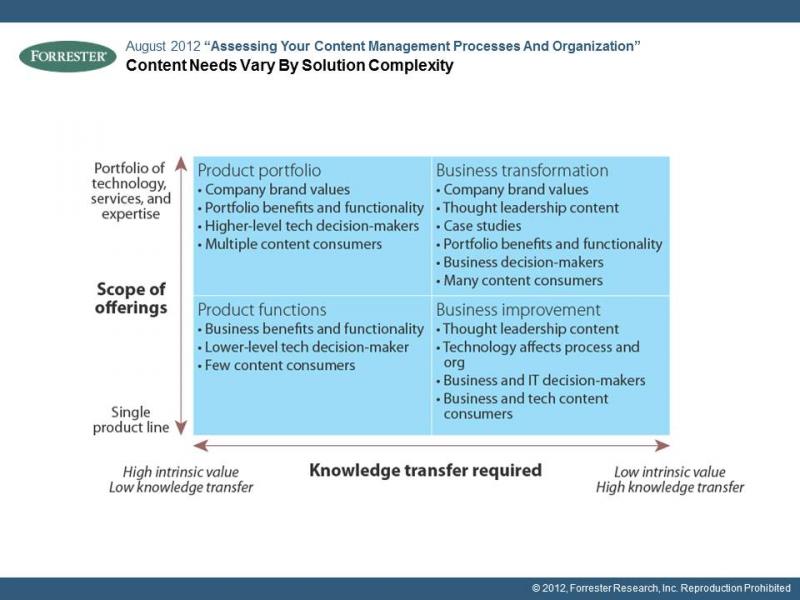Yes, Brand Matters In B2B Marketing — Especially For Technology Brands
Welcome back to us all from vacation. I, Peter O'Neill, would like to join the discussion on “What is marketing?” ignited by an HBR article a few weeks ago — if only because of the reaction to my last blog post, where I pleaded for HP marketing to do something about its worsening brand standards. That post hit a nerve, generating several urgent inquiries with B2B marketers. A few clever journalists even wrote articles afterwards that combined comments on HP’s business prospects from Steve Milunovich, investment analyst at UBS, with my point of view, as an industry analyst, about HP’s lack of marketing agility.
While most responses were statements of violent agreement, one point was frequently made: “Which marketing group should be stepping in to stem the tide?” Another was: “Yes, but does that brand stuff matter? We are still selling our kit to customers — they don’t seem worried.” I like to keep things simple, so, for me, there are just two disciplines in B2B marketing:
· Brand marketing. Often called “corporate marketing” or even “marcom,” this discipline is responsible for the marketing of brand values; running centralized marketing processes such as customer/market intelligence and public/analyst/blogger relations; and perhaps managing social media services, such as listening and content management.
· Revenue management marketing. These marketers work in what we call the lead-to-revenue management (L2RM) process. This process is morphing over time from an offer-respond-fulfill (ORF) interaction to one of need-match-engage (NME); ORF is run by marketers, while NME is controlled by the buyer.
Brand is now extremely important for B2B for these reasons: because the buyer center involves staff from many different departments; because of empowered user becoming technology buyers through BYOC programs; because of important purchasing criteria like compliance, sustainability, viability and ease of doing business. As I say in my latest report which came out today, any B2B marketing content must include and integrate to the company’s brand values (see below).

Forrester’s research is also aligned this way: My role serves tech marketers (and also, increasingly, general B2B marketers) but focuses on the revenue management discipline; our sales enablement role also focuses on other aspects of revenue management in B2B. My colleagues serving CMO & Marketing Leadership Professionals focus their research on the discipline of brand marketing, as well as organization. Of course, there is overlap: brand marketing often breaks down to the business unit and/or geographic level; I care passionately about the brand marketing of technology vendors that I have known and watched for 30 years or more (like HP); and, of course, my CMO/ML colleagues serve CMOs in both B2C and B2B companies.
In fact, my CMO colleagues are publishing their multi-report 21st Century Brand Marketing Playbook as we speak. I highly recommend studying these reports wherever you work in the marketing department; they are full of useful insights and advice. I know that some of you are put off by frequent citations of consumer brands like Coca-Cola and Nike — you suspect this means the report is irrelevant for you as a B2B marketer — but please avoid that trap. Ideally, you should just <find and replace> “consumer” with “customer” and it will all make perfect sense. Plus, IBM and Adobe are often named as brand marketing best practices — and deservedly so.
I will be working on reports in the next six months that take the methods recommended in the 21st Century Brand Marketing Playbook and relate them more specifically to B2B marketers, so watch this space.
What do you think? If you have suggestions for where I should focus those reports, please let me know. As always, I’d love to hear from you on this and other topics. Always keeping you informed! Peter